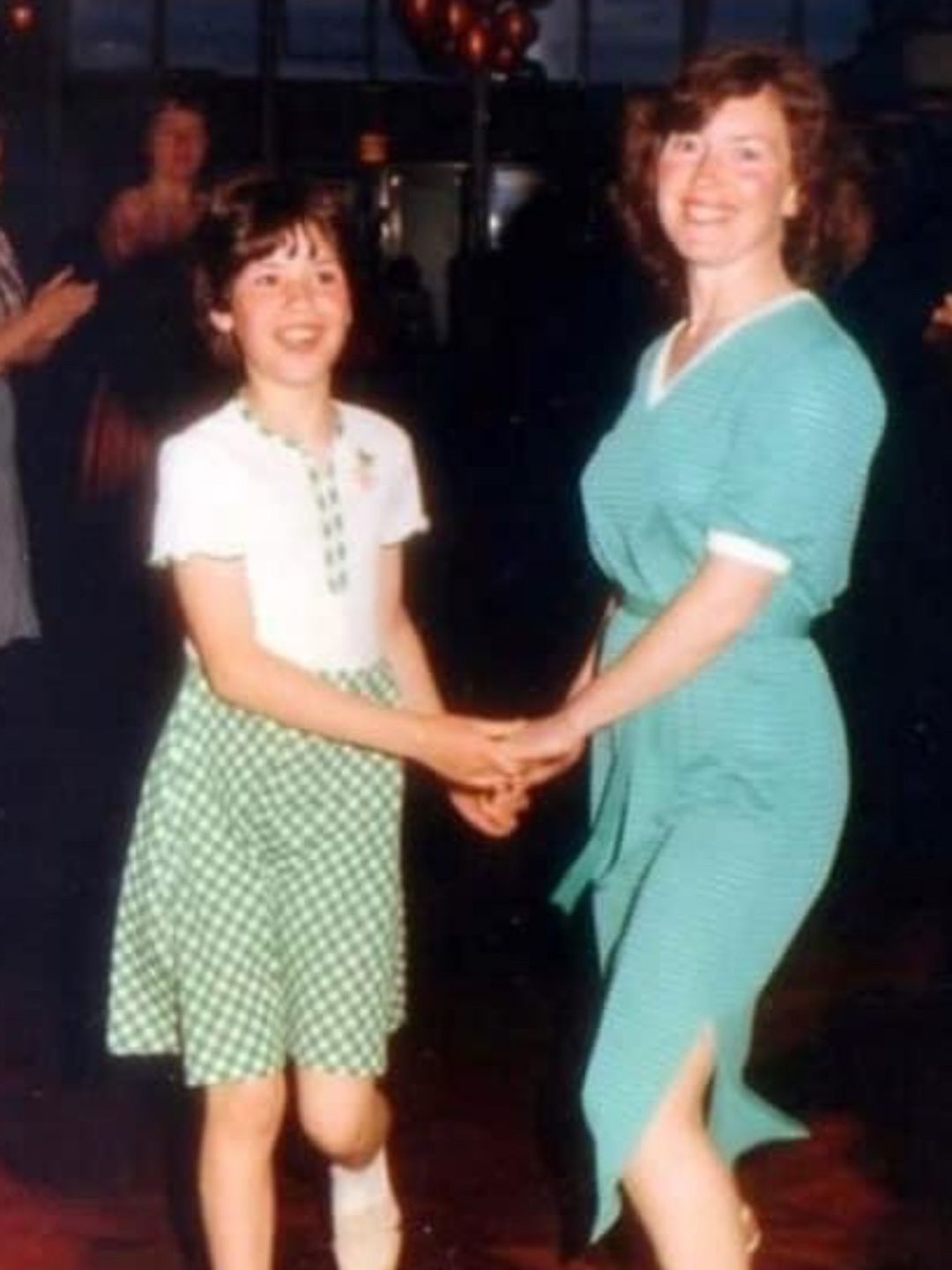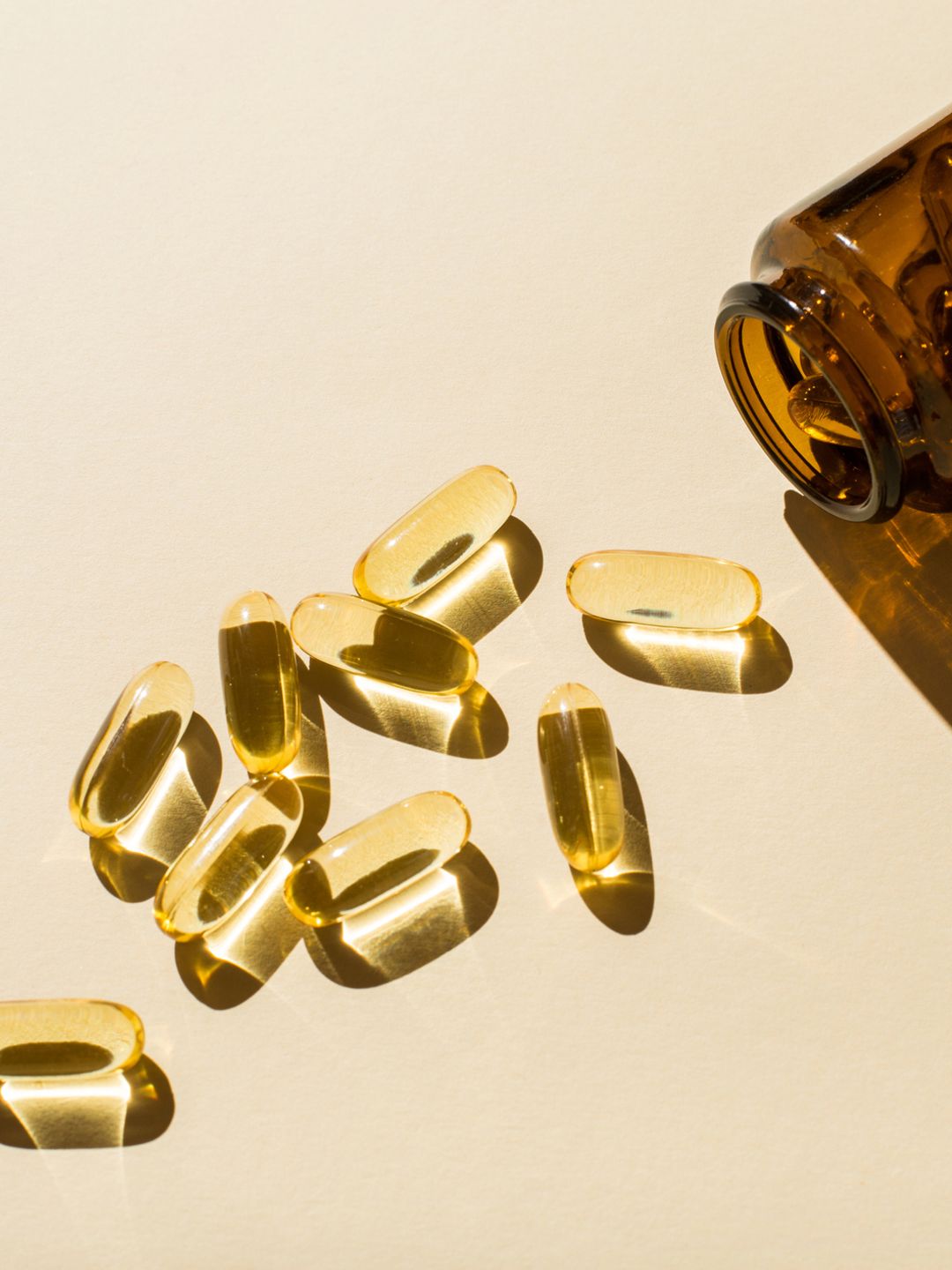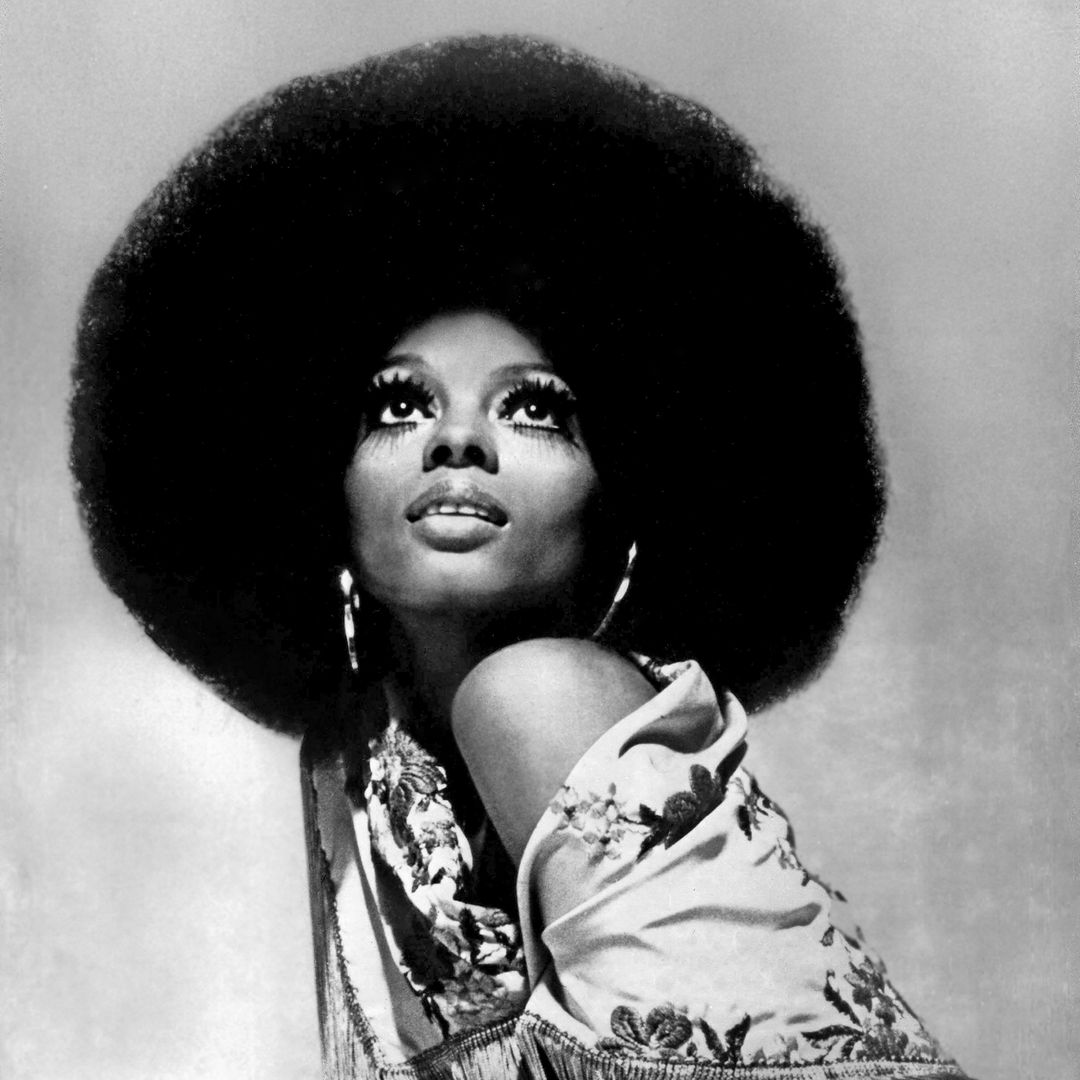As part of my job I’ve attended countless talks and spoken to many experts about menopause.
These events weren’t the most glamorous but I soon recognised what a privilege it is to be able to have open and honest conversations about midlife with experts and women that are going through this time of life. The truth is it’s going to happen to all of us and as the saying goes, knowledge is power.
"I think my mum’s generation considered it too personal to discuss things like menopause with their kids," my own mum explained. "Looking back I remember her having hot flushes and tugging at her clothes. Luckily, as I’ve begun going through the experience myself I’ve been able to ask her questions about her experience but it certainly wasn’t something I grew up hearing about."
If you’re in your mid to late twenties like me, you might also be finding yourself wondering where the last 10 years went. As much as I believe getting older is a blessing, it sure does come around quickly and I’m sure the next 10 will pass just as fast.
One thing I’ve learnt about menopause is that it’s not something that happens overnight. It’s a gradual process that begins with perimenopause, which usually starts in your early to mid forties, but it can be even earlier and the more prepared we are about what’s to come - the better.
“Education at an early age is so important,” explains Dr Mayoni Gooneratne. "A lot of what we have been seeing in the last few years is a net result of our generation of women growing up and not knowing what was going to happen. I’m a Doctor and I wasn’t even sure. I believe education should start in school. Young women should be educated and empowered about what’s going on with their bodies."
As frustrating, and debilitating, as hot flushes and night sweats can be, it’s what’s going on on the inside during perimenopause and menopause that can have a huge impact on our health and how well we age.
During perimenopause and menopause, our levels of important hormones such as oestrogen, progesterone and testosterone, which all contribute to the healthy functioning of our body begin to decrease which can contribute to brittle bones and increase our risk of heart disease.
It’s not all doom and gloom I promise. There are things we can do, armed with the right knowledge, to navigate menopause well. When I asked Davina McCall what she’d want younger women to know about this time of life she said this, "I don't want our conversations to put the fear of God into young people about growing older. What I hope is that they see me as somebody who is post-menopausal and living my best life. I'm super happy and I'm really enjoying myself."
So what can you do to prepare? The most important thing is to be aware of what your normal is, so that when changes do start happening, you know what to look out for.
READ: AI has predicted what A-listers will wear to the 2024 Met Gala
MORE: I had my first curly hair cut at 26 - this is what I learnt
How do I prepare for menopause in my twenties?
Despite what a lot of people might think, perimenopause can actually take place up to eight years before your periods even stop. “There’s a lot going on in that time,” explains Dr Mayoni. “For me it’s the magic window to women’s health as they get older, for their post menopausal years. If we can do more to help women understand and optimise the peri-menopause we will be doing so much more for population health and the overall process women age by. ”
A great start, according to Dr Mayoni Gooneratne, is to get a hormone profile so you are aware of what’s going on with your hormone levels. You can’t currently get this on the NHS unless there’s a medical reason, but there are private clinics, like Dr Mayoni’s Human Health and Dr Shirin’s Elite Aesthetics, that can provide the service to help you get a better picture of what’s going on.
“While symptoms like hot flushes, night sweats and vaginal dryness are attributed to perimenopause and menopause, often psychological symptoms like anxiety, depression and irritability are misdiagnosed,” explains intimate health expert Dr Shirin Lakhani. “When you put the psychological symptoms together with the myriad of physical symptoms that can occur, it is easier to see a pattern and get the right diagnosis.”
As well as being aware of the symptoms and keeping check of your hormone health, one of the best ways to prepare your body is by being fit and healthy. Annoying, I know. I was also hoping for a quick fix, but at least this is something everyone can start straightaway.
“Maintain your intake of calcium and vitamin D to protect your bones, make sure you’re eating enough heart-healthy foods as your chance of heart diseases increases as you go through menopause and weight lifting can even be helpful to promote bone strength and muscle growth, which can deteriorate throughout the menopause,” Dr Shirin explains.
Ultimately, the healthier you are going into the menopause, the healthier you’ll be coming out of it.
If there’s one piece of advice Dr Shirin would give women in their 20s when it comes to menopause it would be to advocate for yourself. "Unfortunately, not many doctors are clued-in to menopause and perimenopause enough. Be aware of how your body is changing and advocate to be heard by health professionals. There are things out there to help your symptoms, such as HRT, so you don’t need to suffer in silence."











